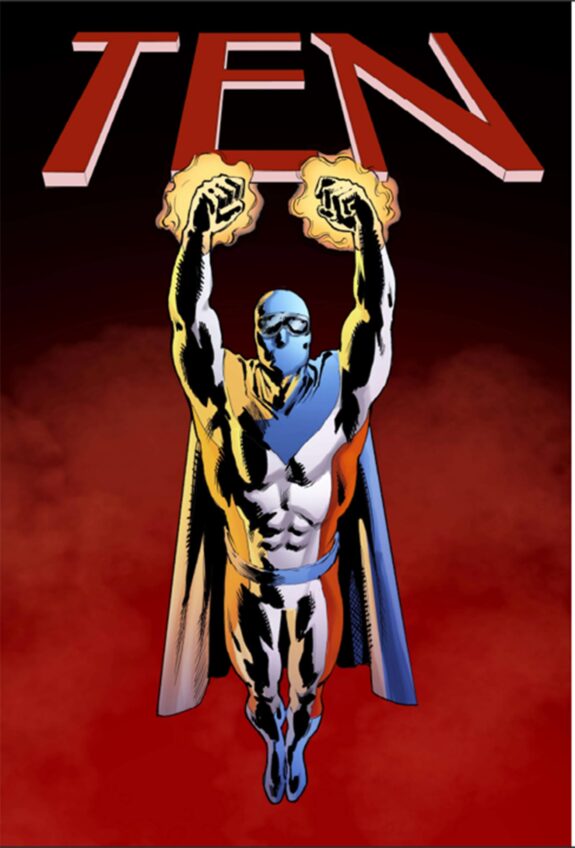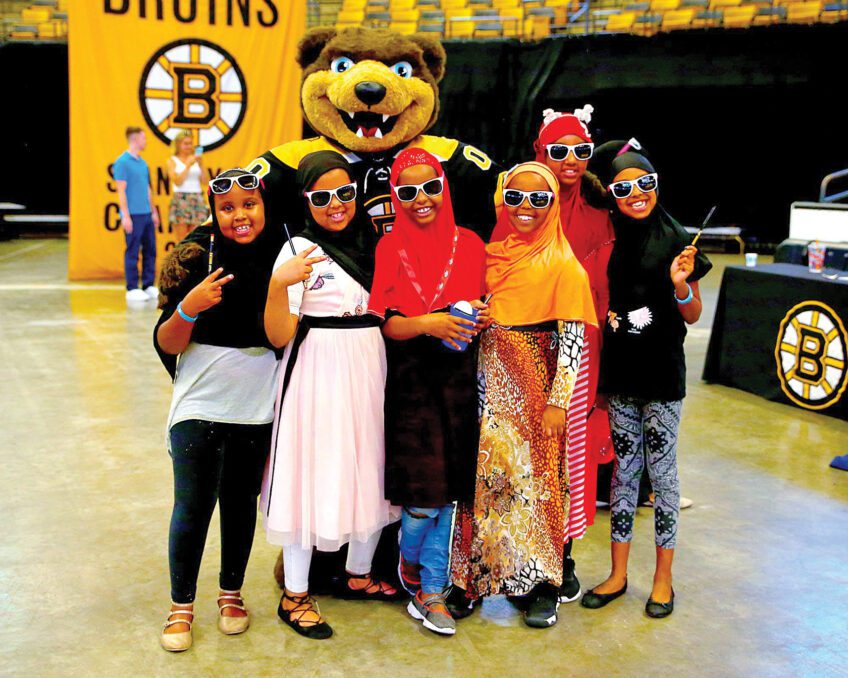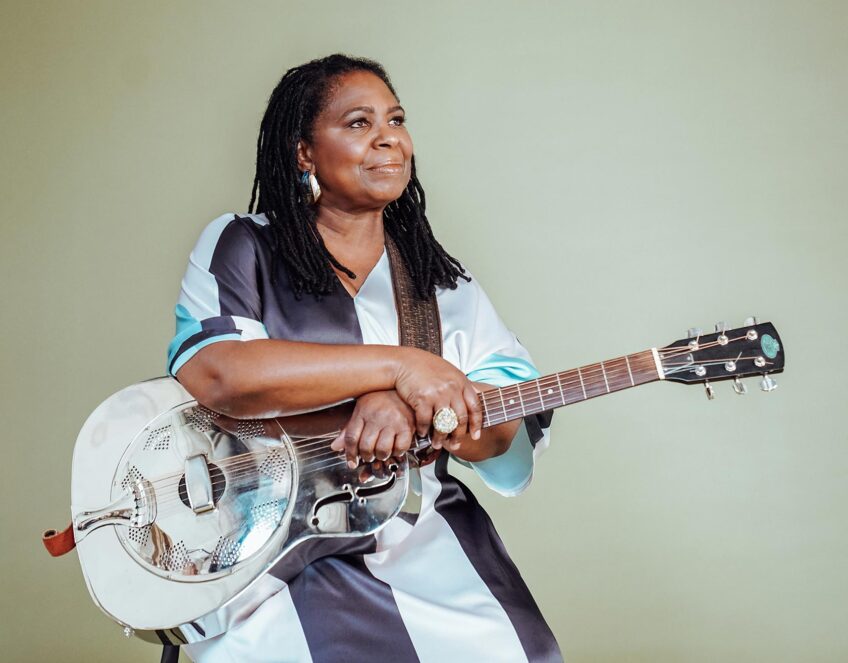“Most black people don’t think alike; most black people just vote alike” for Democrats, said Watts. He has expressed disappointment that his party hasn’t undertaken greater efforts to make inroads with black voters.
Watts grew up in tiny Eufaula, Okla., and has experience with pastors in both white and black churches. His late uncle, Wade Watts, was a Baptist minister, president of the Oklahoma NAACP and a Democratic activist.
“In order to psychoanalyze Barack Obama and the Rev. Wright, you’ve got to go much deeper than the first layer of the onion,” Watts said.
Watts himself was a youth minister at a Baptist church in an Oklahoma City suburb before entering politics as a Republican, to his uncle’s dismay. He first won a seat on a state commission that regulates power companies, then was elected to the House in 1994.
Watts said he hasn’t heard “the venom” in black churches that were expressed in some of Wright’s sermons. He said Obama can’t totally escape political criticism over Wright’s comments because he waited too long to distance himself from the controversial former pastor.
“Be that as it may, I’ve read his books and listened to his speeches and I think he is a decent guy,” Watts said. “I know John McCain personally and I think John is a decent guy. We’ve probably got two of the most decent people, in my opinion, as the nominees, representing either side.”
Watts said Republicans, by making Obama’s associations an issue, will be repeating the mistakes of 1996, when they made Bill Clinton the central issue and lost ground to Democrats in congressional races.
“I’ve got to tell you, as I travel around the country, people like Barack Obama,” Watts said. “They liked Bill Clinton. Look at the special [congressional] elections. People tried to make Obama the issue. We got our heads handed to us.”
Watts retired from the House in 2003 and formed the J.C. Watts Companies, a marketing and lobbying company in Washington, D.C.
He has been working on forming a black news channel for several years.
Tom Gilbert, executive editor of the Los Angeles-based trade publication Television Week, said Watts is trying to crack “a really tough market” and it won’t be easy.
“I think it would be difficult to do with traditional cable carriage,” Gilbert said. “As the regular local stations go digital, they will need programming to fill their airways. That might be an easier way to get carriage for a startup network with a limited audience.”
Jacquie Jones, executive director of the National Black Programming Consortium in New York, agrees there is a need, however.
“I think there is definitely a different conversation happening within the black community than is happening at CNN or on MSNBC,” Jones said.
Jones said the major cable news networks brought in black commentators representing “both sides of the coin in the Democratic race” as well as the Republican view.
“They have made an effort to diversify the commentary pool, and that has added a lot of energy to the dialogue,” Jones said. “But the topics and how they are being framed are not really being generated from the African American perspective.”
Jones said the perspective on gender from black women has largely been missing in the debate over the role that sexism played in Hillary Clinton not getting the nomination.
She recalled watching a television panel of three white women “talking about gender, like it was an exclusive domain of white women, whereas people of color have different experiences with sexism.”
“For an African American woman, it is not a question of sexism or racism, as it was sort of posed in the most recent part of the contest,” Jones said. “These two things are happening at the same time in my life. There is no forum to discuss that.”
(Associated Press)






